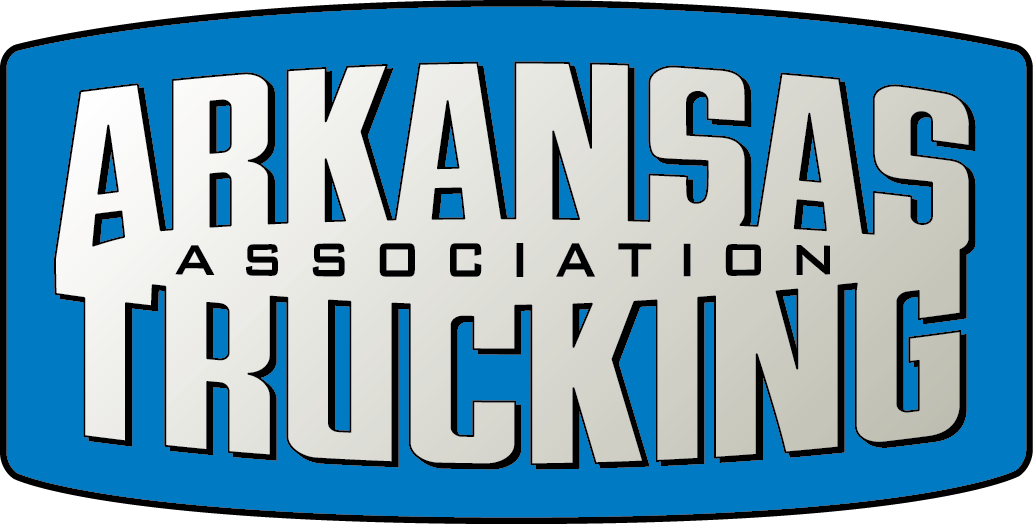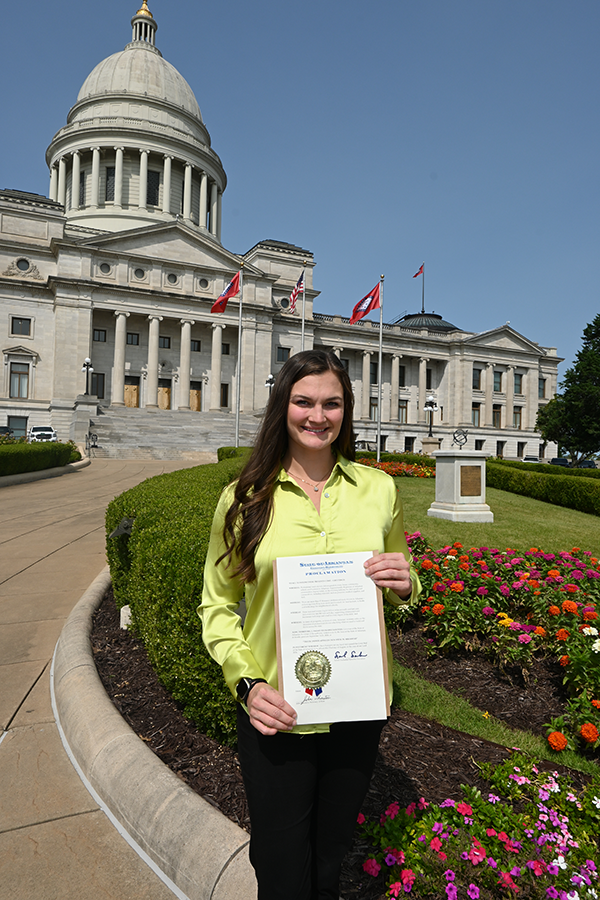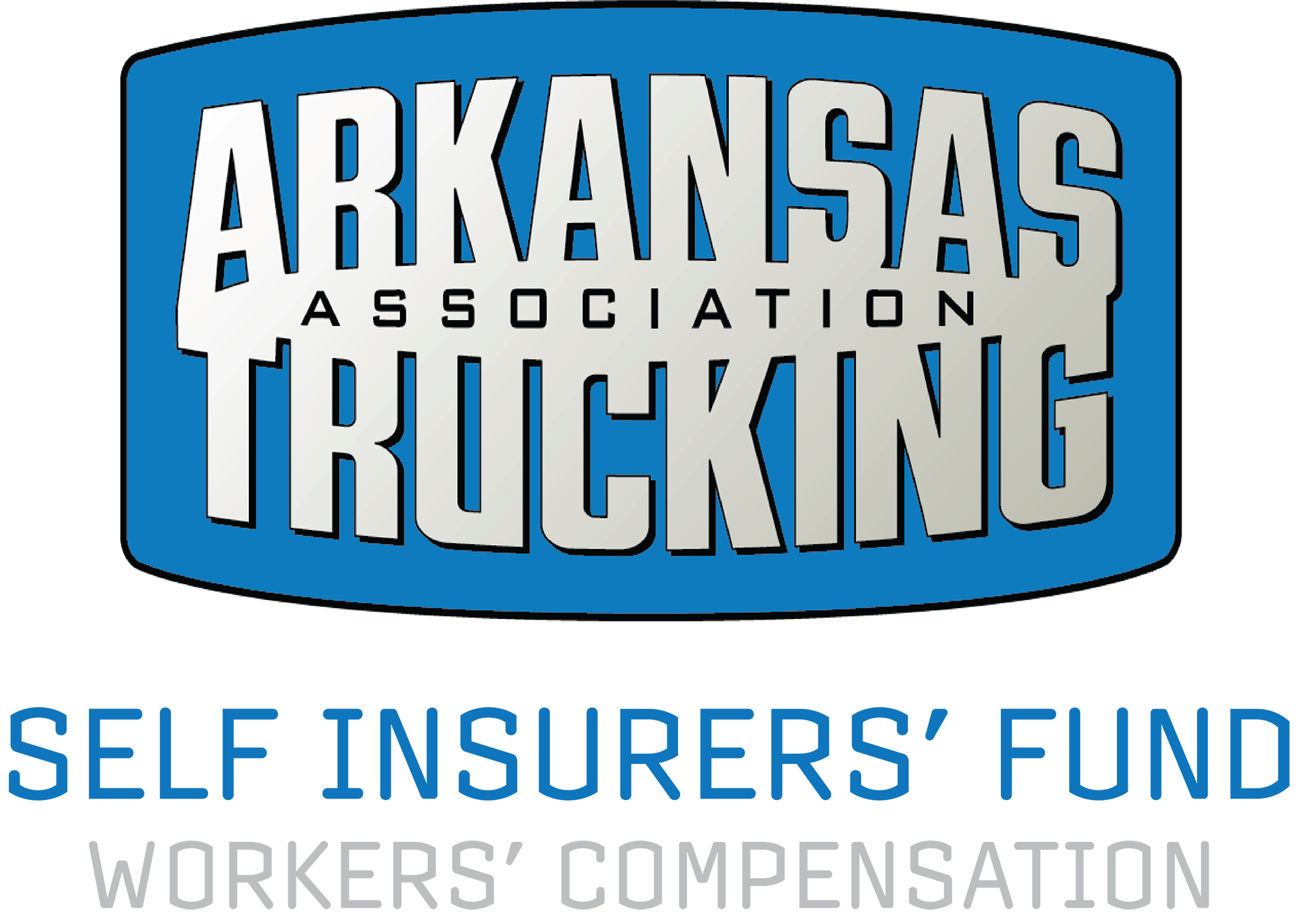On Oct. 18 the Arkansas Supreme Court released its ruling that the votes on Issue 1 (“tort reform”) will NOT be counted on the Nov. 6, 2018 general election ballot. By a 6-1 vote, the Arkansas Supreme Court affirmed the circuit court’s decision that the legislature improperly referred Issue 1 in violation of Art. 19, Sec. 22’s separate-vote requirement and its three-amendment per election limitation. The Court based that determination on its conclusion that the four sections of Issue 1 are not “reasonably germane” to each other or to a “general subject” under the test established by Forrester v. Martin. The Supreme Court’s ruling means that while Issue 1 will appear on the ballot, the Secretary of State is prohibited from counting the votes.
The Arkansas Trucking Association worked diligently through the Arkansans for Jobs and Justice Coalition and proudly collaborated with a diverse group of individuals and interests – including, but not limited to, the Arkansas State Chamber, the Arkansas Hospital Association, the Arkansas Medical Society, the Arkansas Farm Bureau, the Arkansas Health Care Association and the Poultry Federation – to amend our Constitution to allow Arkansas to grow jobs, improve our healthcare system and stabilize costs of doing business in this litigious environment. This coalition has worked extremely hard and spent nearly $3 million dollars to educate Arkansas voters.
Arkansans for Jobs and Justice issued this statement following the decision by the Arkansas Supreme Court:
“Today, the Arkansas Supreme Court ruled that the tort reform measure known as Issue 1 was improperly referred by the Arkansas legislature and the people’s votes will not be counted. This very ruling demonstrates the need for the reforms contained in Issue 1 that seek to restore the balance among our branches of government. Six members of the Court have once again reinforced, and indeed protected, their position as the ultimate and unchecked authority in Arkansas government. This kind of power demonstrated by the Court is without limits and has been wielded in an arbitrary fashion. There needs to be a continuing dialogue over whether such a situation is good for Arkansas and how we can improve our civil justice system to help our state compete to benefit all three million Arkansans.”
Justice Womack was the lone dissenting opinion, arguing that “the proposed amendment easily satisfies” the constitutional requirement, “either under a literal reading of the text or under the test set out by the majority.” He stated that “the majority has imposed a much stricter standard in this case than in either Forrester or Brockelhurst [a previous case in which the Supreme Court considered an Art. 19, Sec. 22 argument].” He also pointed out that many existing amendments could not pass the majority’s test, including Amendment 80, which is the “modern foundation of the Arkansas Judiciary” but “never would have survived a challenge in front of this court if we were to use the standard as applied here by the majority.” Justice Womack concluded by stating, “In summary, the majority has used an extraconstitutional, judicially created test, imported from California, to stop the people of Arkansas from exercising their public policy making power to either accept or reject a change proposed by their elected senators and representatives.”
While extremely disappointed in the court’s ruling, the Arkansas Trucking Association will continue to work to bring about needed reform to our judicial system. We believe that the attention brought to this issue will only enhance the opportunities to improve the environment for Arkansas trucking companies, grow jobs, and benefit families, healthcare and for all of our communities.



